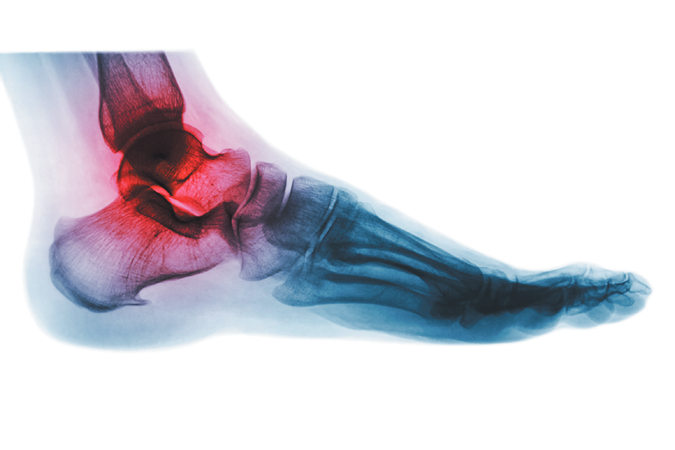A. Helen Rasmussen, PhD, RD, senior research dietitian in the Metabolic Research Unit at the Jean Mayer USDA Human Nutrition Research Center on Aging, answers: “Gout is a form of inflammatory arthritis. In the 18th and 19th centuries, it was considered ‘the disease of kings and the king of diseases.’ Gout was common among affluent individuals, who were typically overweight and consumed mostly meat and alcohol, shunning fruits, vegetables, and dairy.
“The metabolism of compounds called purines raises the level of uric acid in the bloodstream. When uric acid levels rise, sodium urate crystals can develop in joints like the knees and toes, causing pain, tenderness, redness, warmth, and swelling.
“Limiting intake of foods that increase uric acid levels can help—as can managing weight, diabetes, high blood lipids, and high blood pressure. If you have gout, try these tips to help prevent attacks:
-Cut back on or eliminate all types of alcoholic beverages (no more than one alcoholic drink a day for women and two for men).
-Limit intake of high-purine foods, especially red meat, organ meats (like liver, tongue, and sweetbreads), and shellfish. Poultry, pork, and some fish are also considered moderate sources of purine.
-Cut back on or eliminate sugary beverages and other sweet foods, especially those with high-fructose corn syrup and agave syrup.
-Drink plenty of water.
“Additionally, losing weight (if overweight) helps reduce the uric acid in the blood and can reduce pressure on hips and knees, relieve pain, and slow the progression of arthritis.”
























